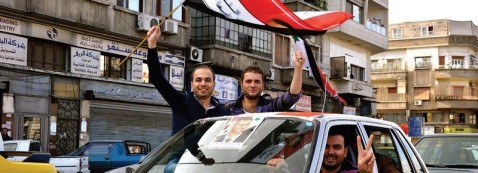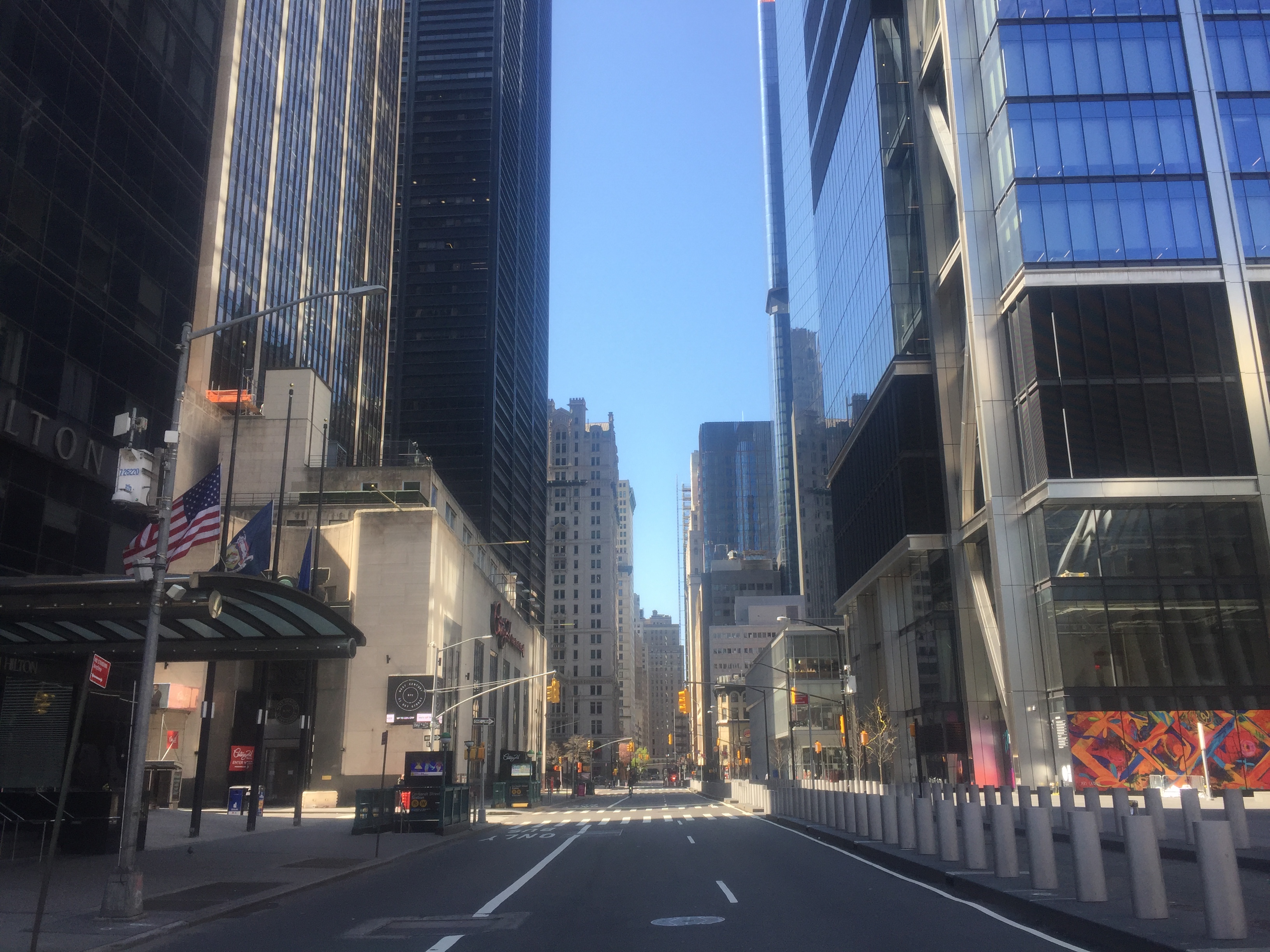Activists Seek a Constitution that Protects the Right to Protest
NADINE AWADALLA AND KARIM ABDEL KODOS
![After 2013, street protests became more restricted [El Hamalawy]](http://www.auccaravan.com/wp-content/uploads/2014/12/574983_10150839207961047_1670989062_n-e1418454006803.jpg)
[El Hamalawy]
In his highly popular first address at the UN General Assembly this September, Egyptian President Abdel Fattah El Sisi confirmed that Egypt is “a state that respects and enforces the rule of law [and] guarantees freedom of opinion for all”.
Freedom of expression is also enshrined in the Egyptian constitution. Article 65 reads, “Freedom of thought and opinion is guaranteed. Every person shall have the right to express his/her opinion verbally, in writing, through imagery, or by any other means of expression and publication.”
But almost exactly one year ago, interim President Adly Mansour enacted the controversial protest law, which was aimed at regulating public gatherings and demonstrations.
Shortly after the law went into effect, Mechanical Engineering student Abdelrahman Boghdady and Computer Science junior Abdallah Ghandour were arrested during a protest that called for an end to military rule, and the release of political detainees.
Both are currently still incarcerated pending a final ruling on their release.
Activists condemned the law, saying that it curtails the right to freedom of assembly; the authorities maintained that regulation was crucial.
The increase in the number of political detainees since the enactment of the law comes in stark contrast to the foundations of freedom set forth in the popularly adopted 2014 constitution.
“The constitution allows people to peacefully assemble, protest or strike but with prior notification,” said Mahmoud Belal, a lawyer at the Egyptian Center for Economic and Social Rights.
“However, the protest law does not abide by international standards of regulating the right to protest because it changes the idea of a notification to a license, giving the state apparatus the ability to reject [the request].”
Article 10 of the protest law allows the interior minister or the security director “[to] authorize a reasoned decision to prohibit or postpone or change the location or route of a public meeting or march or protest before its stated start time” if it presents a threat to public or national security.
Belal also said that there appears to be a duality in the application of the law. “The protest law has been in place for one year and the Ministry of Interior has been arresting any protest that opposes the regime [by applying this law] but they leave protests that support the regime to demonstrate freely,” Belal said.
Social Rights Lawyer and Researcher Ahmed El Gadamy said that the law is circumstantially difficult to apply in Egypt.
“Our country has not stabilized constitutionally or socially and it does not have effective political parties, unions or syndicates, which leaves protesting as our number one option,” El Gadamy said.
Gadamy added that even practical concerns like the spatial requirements for protesting and the duration of the time for notification are impractical in a country like Egypt, where people can take to the streets to react to events without prior planning.
“But according to the constitution you cannot detain people for simply protesting and expressing their rights; freedom of expression is a constitutional right,” Gadamy said.
The argument remains, however, that many other countries around the world such as the United Kingdom have strict protest laws which come under less scrutiny.
But Nevine Ebeid, director for the coordination of political participation at the New Woman Foundation, told the Caravan the comparison is unfair because laws are measured by their history in their respective countries on a case-by-case basis.
“When the state itself respects the rights and freedoms of its citizens, all laws enacted will be to uphold those principles. However, when a similar law is put in place in a country that constantly feels threatened and has a history of suppression of freedoms, people will remain suspicious and it won’t work,” Ebeid said.
Belal also said that the difference in the demands and circumstances of those protesting changes the efficacy of the law in place.
“In comparing between the situation in Egypt and the situation elsewhere, you must keep in mind that neither the political, economic, nor social situations are the same,” Belal said.
“People are still protesting and demanding their basic rights, which other people in the world have provided to them for years,” he added.
Despite these core differences, Egypt is a signatory to the International Covenant on Civil and Political Rights, the Universal Declaration of Human Rights and many other rights-based international agreements in place since 1945.
According to Article 26 of the Vienna Convention on the Law of Treaties, “every treaty in force is binding upon the parties to it”.



